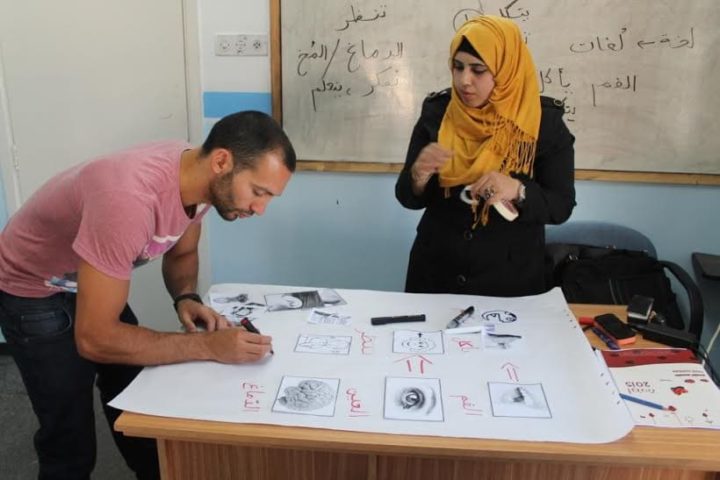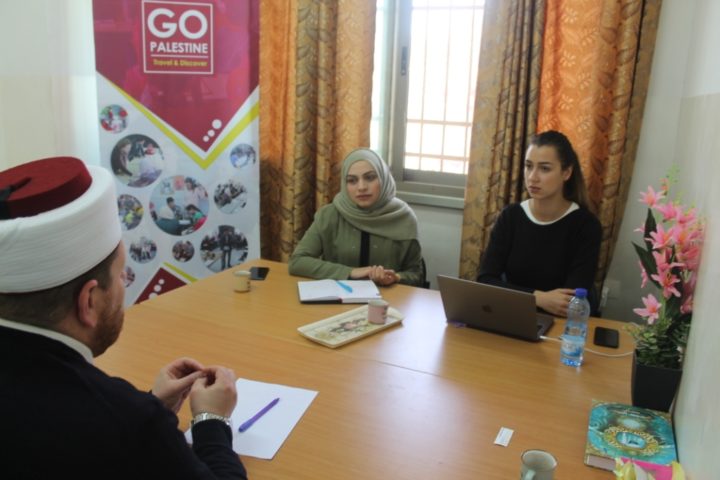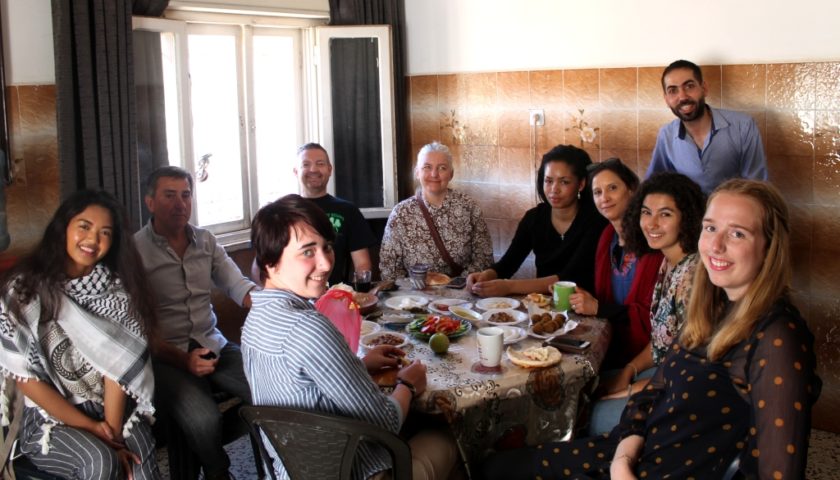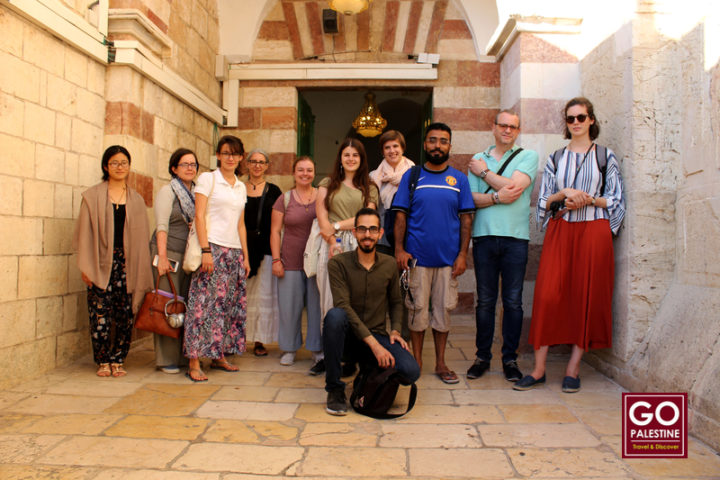
The Advantages of Studying Shami Arabic in the Middle East
Studying a second language at school or University often gives you a basic textbook understanding of the language’s syntax, its words and phrases, use of the alphabet, and pronunciation. To truly master a language, gain conversational fluency, and understand the nuances of a language’s everyday use, you need to immerse yourself in the culture and focus on studying a regional dialect to fully acquire the language as it is used in the day-to-day lives of native speakers.
- Arabic is an increasingly popular and important language to learn for non-native speakers for a variety of reasons, including political, diplomatic, economic and business, cultural, religious, educational, and tourism. It is one of the most widely spoken languages in the world.
- In fact, with roughly 313 million Arabic speakers in the world, it is the fifth most-spoken language globally after Mandarin, English, Spanish, and Hindi. It is the primary language of the Levant, Arabian Peninsula, and North Africa, and it is also one of the official operating languages of the United Nations, the African Union, and the Arab League.
While one can study Modern Standard Arabic—a formal register of Arabic used in newspapers, academic journals, religious texts, official documents, and news channels—it is not spoken in everyday life. Arabic is technically considered a macrolanguage. It is comprised of 5 main varieties and 30 different subvarieties or dialects. One of the most useful varieties of Arabic to learn and develop fluency in is Shami Arabic.
What is Shami Arabic?
Shami Arabic—also known as Levantine Arabic or Eastern Arabic—is the everyday spoken language of nearly 42 million people in four Arab countries: Jordan, Palestine, Lebanon, and Syria. Shami dialect is also the most easily understandable dialect for people of other Arab countries in the Gulf, as well as the northernmost areas of the African continent, such as Tunisia, Morocco, Algeria, Libya, and Egypt.
Studying Shami Arabic will allow you to communicate with a large audience of people within the Levant, throughout the greater Arab world, and with Levantine-speaking diaspora communities abroad.
Why should I study Shami Arabic in the Middle East?
- Converse with Shami speakers in the Levant and Abroad
If you are planning to travel, work, or volunteer in the Arabic-speaking Eastern Mediterranean, known as the Levant, it is essential to learn conversational Shami Arabic. Shami is the native tongue of the Levantine people. While some people in the region may have a grasp of the English language, many do not. Knowing the basics of the Shami dialect will allow you to interact with locals and gain valuable insight into the culture of the country you are based in.
Furthermore, knowing Shami Arabic is vital to completing daily tasks and running errands. Whether you are ordering a falafel sandwich at a local food stand, buying groceries, getting a haircut, or negotiating the price of a taxi, having a basic background of the mother tongue is appreciated and recognized by locals. It will allow you to fit in at your temporary or permanent new home and learn the cultural customs of the region.
- A Language of “Strategic Importance”
The Middle East—particularly the Levant—has long been a focal region and hot spot for those interested in international relations, political science, and humanitarian aid efforts. There is an ever-increasing demand for Arabic speakers in western countries, as well as Arabic-speaking Westerners in the Middle East. Learning Shami Arabic can provide a great stepping stone towards future career opportunities and engagements within the region.
It is also necessary to note that there are many financial incentives for people interested in learning Arabic as a second language. The US administration considers Arabic “a language of strategic importance,” therefore, many institutions heavily promote learning Arabic and even provide scholarships and opportunities for those who are interested in doing so.
- Opportunities for Business and Work
The areas and countries along the eastern Mediterranean coast are some of the most stable, profitable, and best places to work in the Middle East region.
With 20 million Shami speakers worldwide, conducting business with or working in the Middle East typically requires at least a basic understanding of Levantine Arabic. If you intend to do business or work with Arab speakers from Palestine, Lebanon, Syria, or Jordan, you will certainly be conversing in Levantine Arabic.
- The Gateway to Arab Life
Levantine countries like Palestine boast unique cultural offerings in art, music, food, and literature, as well as a culturally different way of living daily life. Learning Shami Arabic will provide an entryway into this beautiful Arab-speaking world and provide you with a cross-cultural understanding of a region that is vastly misunderstood and misrepresented in the West.
Final Thoughts
In conclusion, studying Shami Arabic in the Middle East will allow you to discover and learn about Arab culture while developing invaluable new language skills through cultural immersion. Studying Shami will increase your understanding of a vastly misunderstood and misrepresented region, enrich your life, and provide you with a wealth of future career opportunities.
Click here to have a look at our Study Shami Arabic program!















